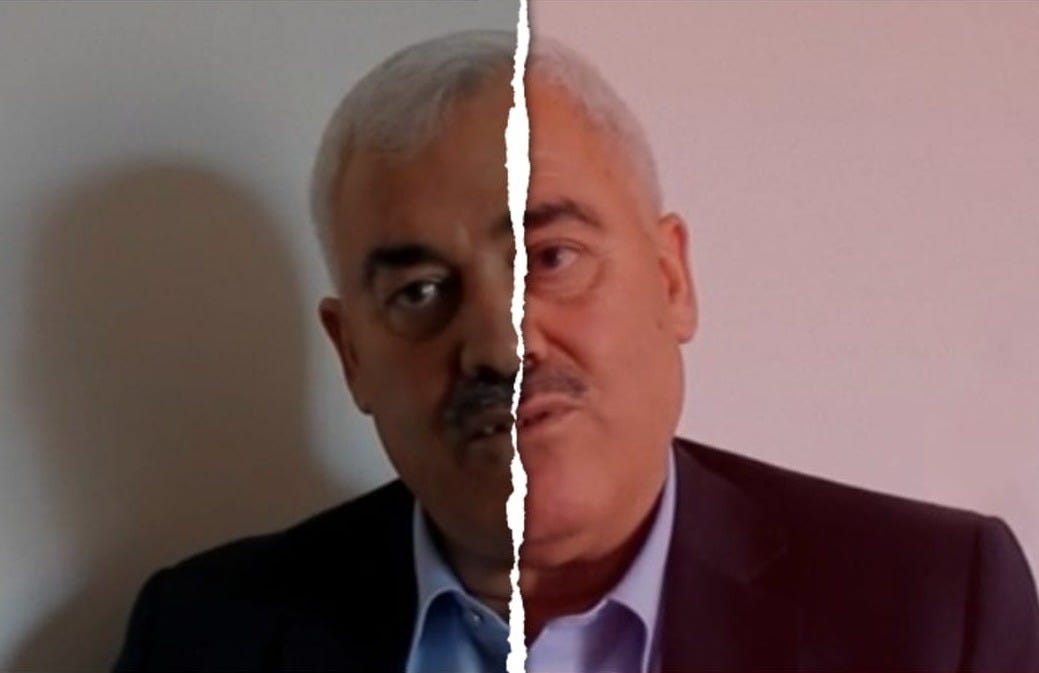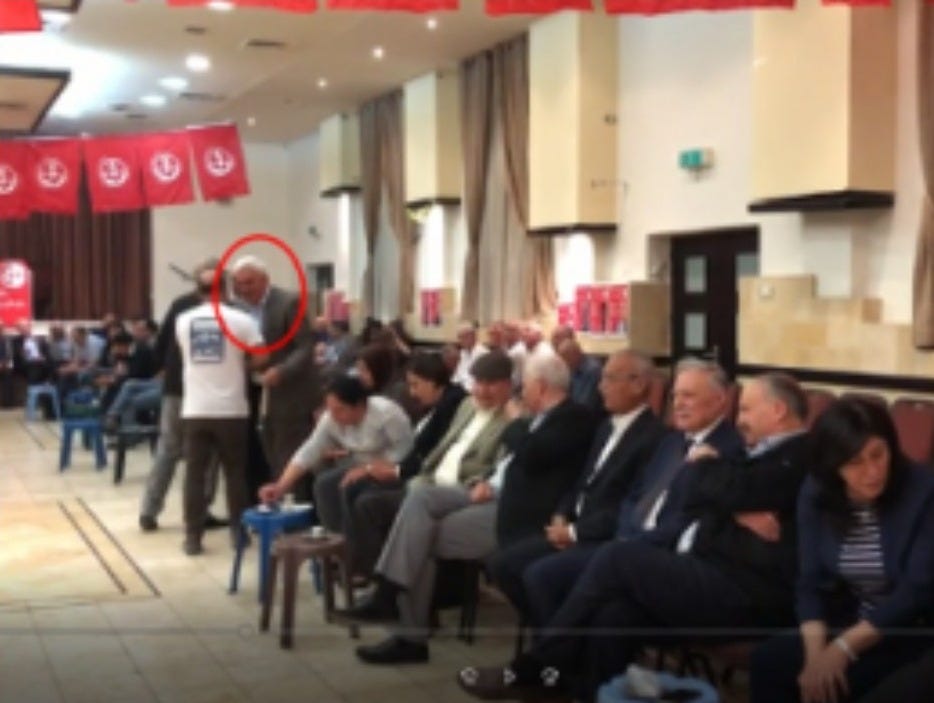Terror-Tied Group Sanctioned by Trump Has Bank Accounts Closed, Unable to Pay Staff
US sanctions leave Al-Haq without banking access or funding, as legal watchdog groups recommend expanding sanctions to a separate Hezbollah-linked foundation targeting Israeli soldiers

Al-Haq, a Palestinian organization with ties to the Popular Front for the Liberation of Palestine (PFLP), has lost access to its bank accounts and can no longer pay its staff following US sanctions imposed in September, according to new reporting by The Guardian.
Three banks closed the organization’s accounts in October, leaving approximately 45 staff members working without pay. The financial shutdown demonstrates the operational impact of sanctions against entities identified as problematic by democratic governments.
Understanding the Sanctions
The Trump administration’s September sanctions targeted Al-Haq’s support for International Criminal Court investigations against Israel. Secretary of State Marco Rubio stated the US would impose consequences against entities complicit in ICC actions that Washington considers jurisdictional overreach and “lawfare.”
In 2021, Israel designated Al-Haq as a terrorist organization, citing links to the PFLP, which is classified as a terrorist organization by the United States, European Union, Canada, and Israel, with a documented history of attacks including aircraft hijackings, bombings, and assassinations since 1967.
As Jewish Onliner previously reported, Al-Haq’s General Director, Shawan Jabarin, has longstanding ties to the PFLP. Jabarin was convicted in 1985 for recruiting PFLP members and has been repeatedly denied travel permits by Israeli courts citing continued terrorist involvement. As recently as 2009, the Israeli Supreme Court dismissed his travel appeal, citing “reliable evidence of his links to terrorist organizations.”

Over the years, Visa, Mastercard, and American Express stopped processing online donations for Al-Haq due to the organization terror connections.
Calls for Sanctions on Similar Entities
The effectiveness of sanctions against Al-Haq has prompted legal advocacy groups to recommend similar action against other organizations. A recent report by the International Legal Forum and National Jewish Advocacy Center alleges that the Belgium-based Hind Rajab Foundation operates as a proxy for Hezbollah, using international courts to target Israeli soldiers.
The foundation has filed complaints against over 1,000 Israeli soldiers with the ICC and various European and Latin American courts. The report claims foundation president Dyab Abou Jahjah admitted in a 2003 New York Times interview to joining Hezbollah and receiving military training. He is reportedly on the US No Fly List due to these affiliations.

According to the investigation, Jahjah maintains business ties to Hezbollah’s financing network. His brother Ziad worked for Soafrimex, whose owner Kassim Tajideen was designated by the US Treasury as a financial contributor to Hezbollah. The report alleges the foundation uses shell companies and unclear funding mechanisms similar to patterns used by Hezbollah’s international financing operations.
The authors argue that the Hind Rajab Foundation’s activities represent the weaponization of international legal systems against democratic nations’ military personnel, directly challenging Trump’s Executive Order 14203.


